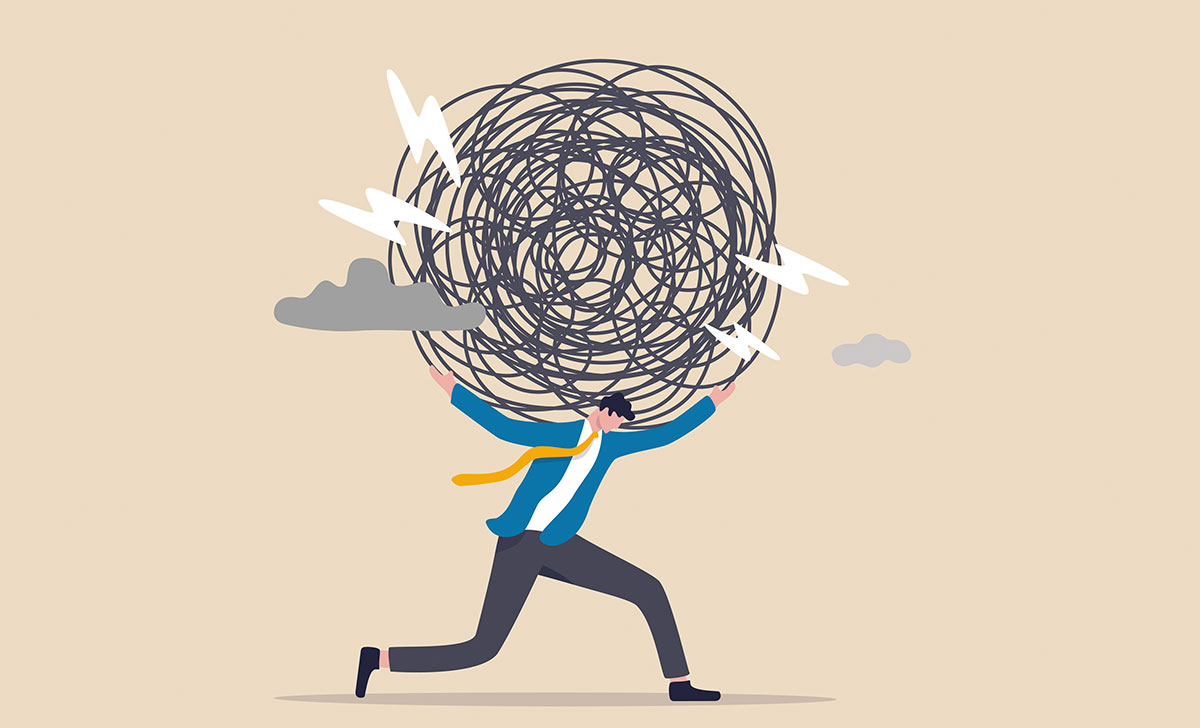It was with some surprise that I read the results of a recent survey from the UK by London Medical Laboratory, where the stress levels experienced by different professions were reported. As well as pharmacists, the respondents comprised librarians, customer service workers, other healthcare professionals, teachers and legal professionals, among others.
The results raised a number of questions, as well as eyebrows. For example, based on the responses received, welfare professionals were reported to have the most stressful jobs. This was followed by ‘customer services’, ‘legal professionals’, ‘teachers’, and ‘librarians’ making up the top-five most stressful professions.
In sixth place was ‘recruitment consultants’, followed by ‘GPs and health professionals’, then ‘PR and marketing professionals’ and ‘journalists’, with ‘pharmacists’ bringing up the rear in 10th place.
With respect to the researchers, the premise of the study shows what might be called a gap in the understanding of what a pharmacist does day-to-day. The researchers used the Heart Health Profile blood test as a measure of cardiovascular health or illness and applied it directly to correlate with the perceived stress levels encountered in any of the listed professions. The test also evaluated cholesterol levels, diabetes and inflammation, as well as biomarkers such as triglycerides, and inflammation-related C-reactive protein.
A couple of things. I stand to be corrected, but the results did not seem to factor-in the respondents’ individual health status unrelated to their occupation. The responses were also self-reported and subjective, which perhaps relates more to how stressful individuals feel their job is, and that might be an important factor. It’s also appears strange that ‘pharmacists’ are in a separate category to ‘GPs and health professionals’.
Pharmacists have to be a ‘jack of all trades’ (and master of one or two) when it comes to running a pharmacy, which makes the results all the more baffling. To take one or two of the headings: Customer services: This is part of community pharmacists’ day-to-day lives, with often fractious patient encounters. Legal professionals: Pharmacists are compelled to know a little about the law to keep themselves out of hot water and away from the gaze of the courts. Recruitment consultants: Any community pharmacist or hospital pharmacy manager will have more than a superficial knowledge in this field. PR and marketing professionals: Have you got those window displays and floor plan sorted? Journalists: With 30 years’ experience in this field, I can tell you that unless you are on the front-line in the Donbas region, your average scribe does not have a more stressful job than a community pharmacist.
All of that said, it would be nice to see a more nuanced Irish version of this survey post-pandemic. Or maybe our UK pharmacist colleagues just have it so much better?
So much for my opinion — send me your thoughts to the email address above.







